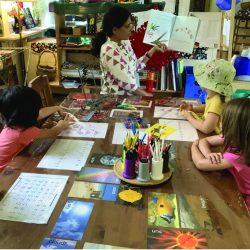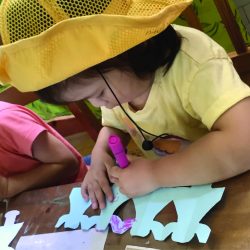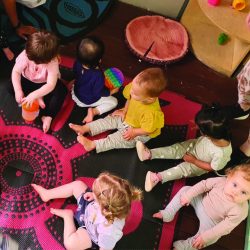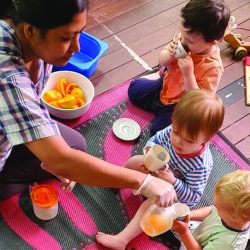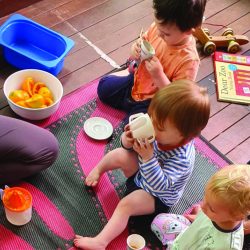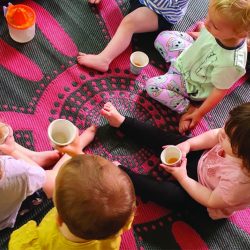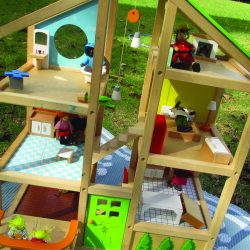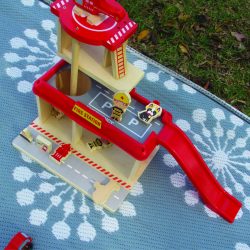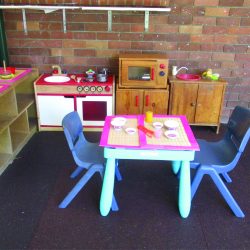Johnson House
Preschool
Story by Educator Madhu
This week in Johnson House preschool, the children have enjoyed reading the book ‘The Paper Dolls’, written by Julia Donaldson. This inspired the children to make their own paper dolls.
They showed interest in making dolls similar to those in the story, and they were shown how multiple dolls could be made by cutting the paper in certain patterns. The children were keen to decorate their paper dolls in many ways. This reflected the children’s individuality and diversity and promoted discussion about similarities and differences.
The children spoke of their families and friends and how their dolls were able to represent each family member or peer. It was a nice opportunity for the children to work together and to compare and contrast their ideas and thoughts.
Murray House
Infants
Story by Educator Tripti
This week in Murray House infants the children engaged in an orange juice making experience which supported the children to develop their self-help skills, build their gross motor and fine motor skills and to experience and learn about healthy foods. The children individually took turns to squeeze the oranges to make their own juice.
They were extremely excited to smell and have a sip of their freshly squeezed orange juice. Everyone loved it and asked for more and more! We wonder what else we could make that will feed our hungry bellies?
Community Playgroups
Story by Playgroup Coordinator Rebecca
At Playgroup we always set up a variety of pretend or dramatic play spaces for our children to engage with. The dollhouse, kitchen, garage, fire station and dolls are some examples of these activities.
Pretend play is common in early childhood and involves children in acting out real-world situations and sometimes taking on the roles of different characters. Children learn many things through pretend play.
They learn about the world around them when they are pretending, for example, that they are a doctor, a fireman or a mum or dad. Children also learn about teamwork through pretend play because it often involves them joining with other children to play and work together.
Language and maths skills are also developing during this play as children learn new words, converse with others and work things out, for example, working out how much sand will fit in a bucket. When children are dressing dolls, washing dishes or pretending to cook they are starting to develop important life skills through child-led, play-based learning that will help set them up for the future.
